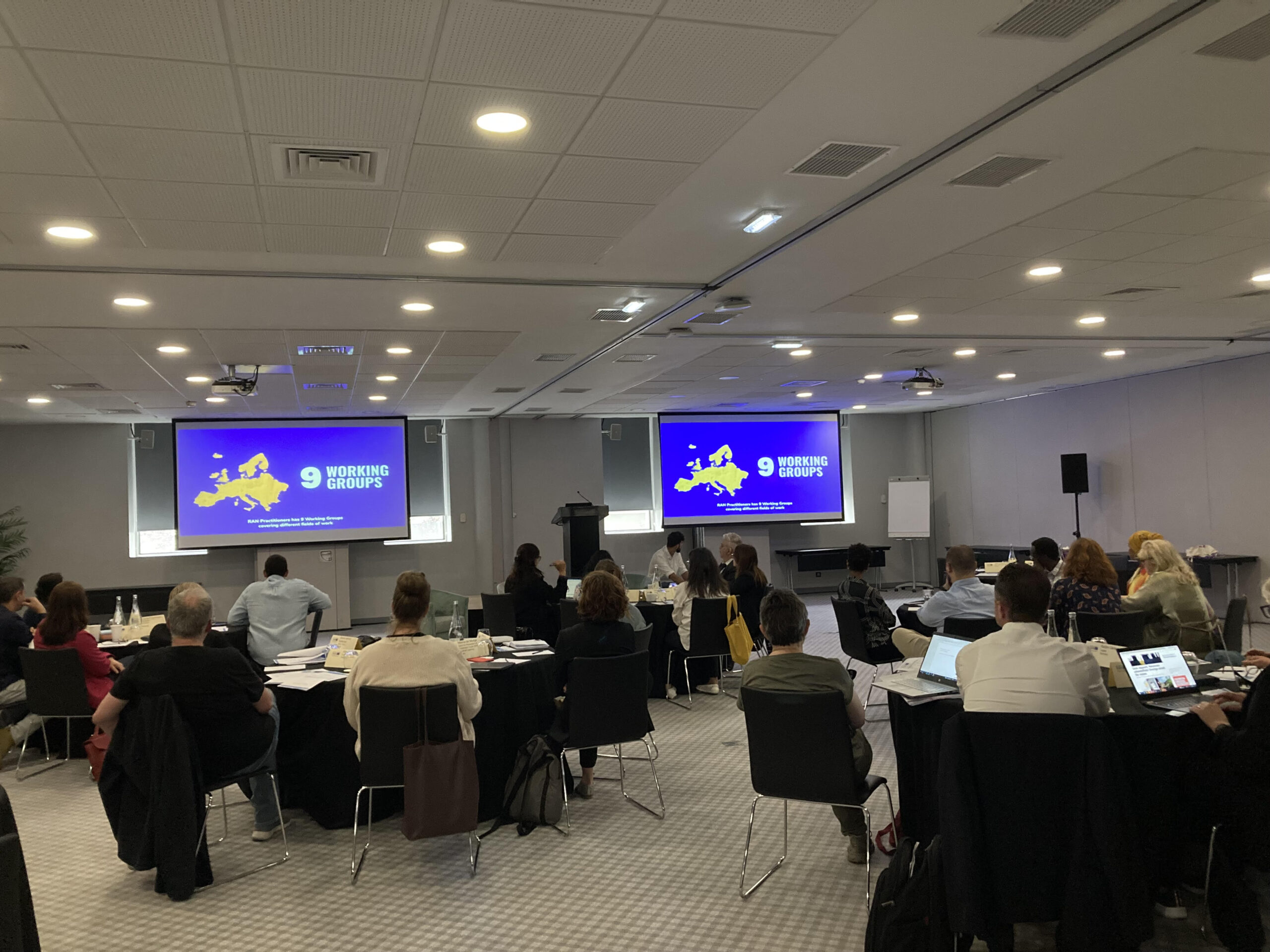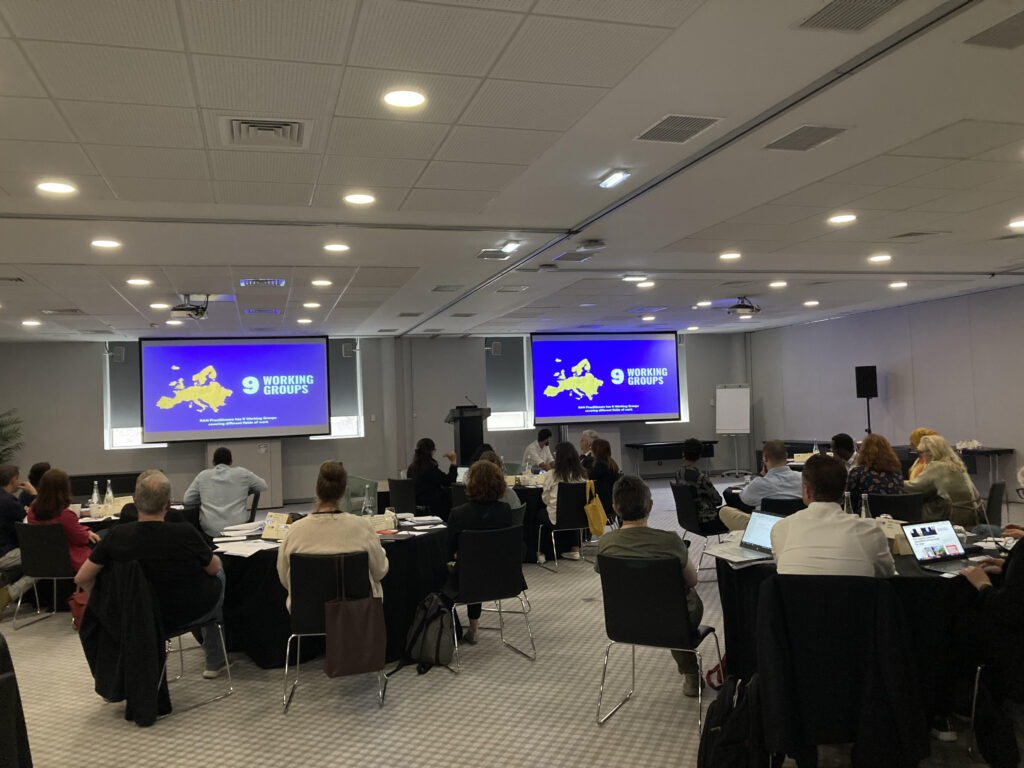
Representatives of the SPEY project (Sport for the Prevention of Extremism in Youth) participated in the conference “Gender specific approaches: preventive work for girls in and around schools”, organized by the RAN (Radicalization awareness network) in Lisbon. SPEY, led by UFEC and co-funded by the European Commission, combines the practice of sport and the learning of transversal skills, including the gender perspective, with the aim of minimizing the risk factors involved in the process of radicalization in youth.
The RAN is a center of excellence of knowledge founded by the European Commission in the field of radicalization, which aims to assist professionals in this field as well as policy makers in developing public policies related to radicalization.
In the session, which was attended by about thirty professionals who have a direct relationship with the processes of radicalization and radicalized people; debates have been held on the role of girls in different extremist ideologies; and have been proposed preventive interventions to build resilience specifically for girls, as well as to promote gender equality and respect (sexual) boundaries, aimed primarily for boys.

The conference continued with an exhibition of inspiring practices by various European institutions. Finally, a small group discussion space was set up, where the main concepts that were worked on during the two days were outlined, and relevant advice was given to teachers and schools in the framework of the gender approach.
About RAN
The RAN is a network of frontline practitioners who work daily with both those vulnerable to radicalisation and those who have already been radicalised. As civil society representatives, social workers, youth workers, teachers, healthcare professionals, local authority representatives, police officers and prison officers, they are engaged in both preventing and countering violent extremism in all its forms and rehabilitating and reintegrating violent extremists.
The RAN organises a number of thematic Working Groups for frontline practitioners so that they may share their extensive knowledge, first-hand experiences and approaches with one another, and peer review each other’s work. The RAN also produces a series of publications, which are shared with its network of frontline practitioners, which both highlight the lessons learned, insights and recommendations from Working Group meetings, and consolidate RAN’s knowledge and expertise.
Since it was founded in 2011, the RAN has attracted over 6,000 practitioners, who collectively represent all EU Member State.